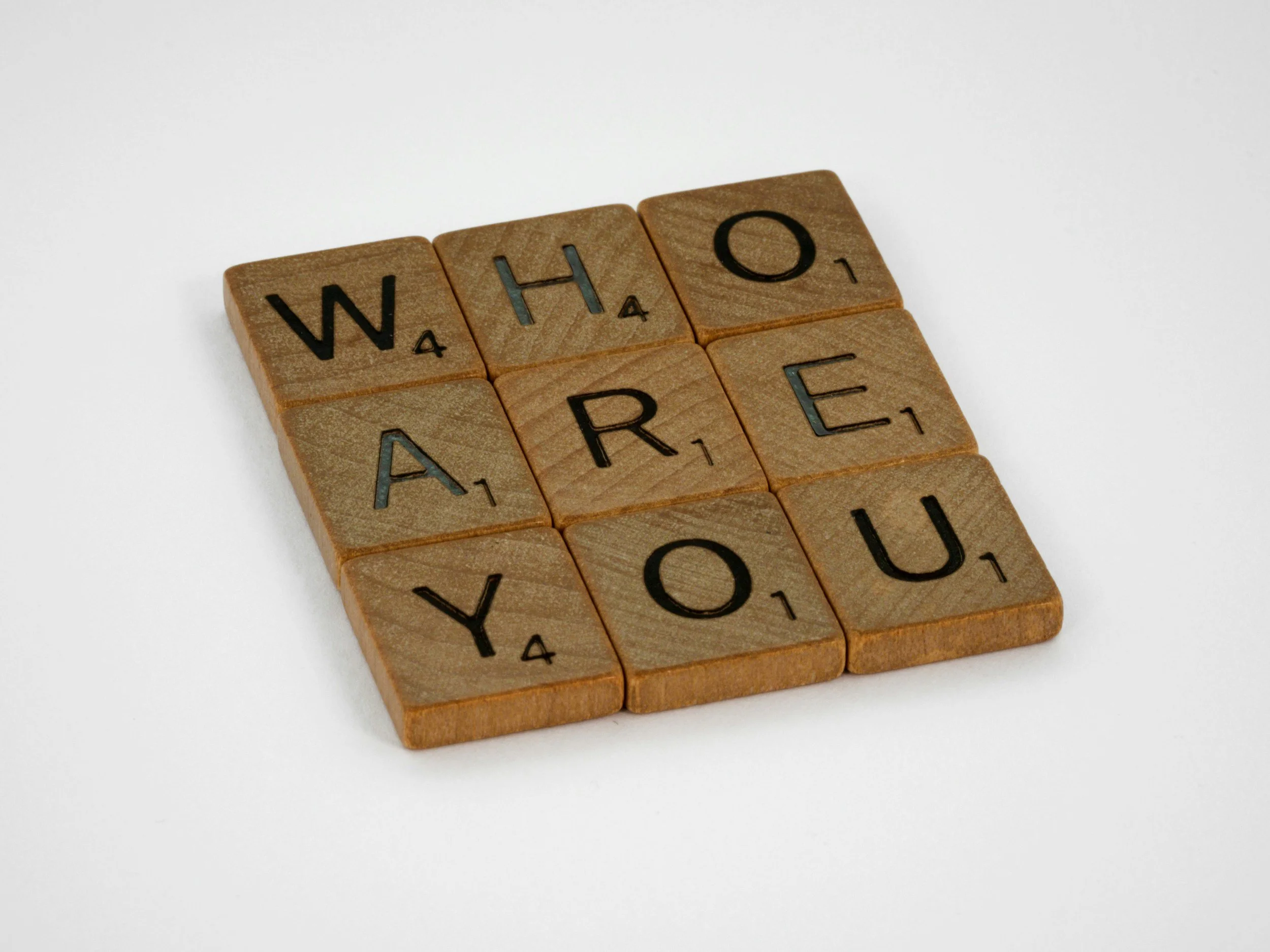Who Am I, Really? Understanding Identity Beyond ADHD- Roles, Labels, and Expectations
If you've ever felt unsure of who you are—or who you're "supposed to be"—you're not alone. Identity isn’t a fixed destination. It's a fluid, layered experience shaped by the stories we tell ourselves and the stories others have told about us.
Maybe you're noticing shifts in your values, your relationships, or your sense of purpose.
Maybe you're untangling your beliefs from your upbringing.
Maybe you're learning that ADHD or anxiety shaped more of your day-to-day than you realized.
These are not signs of failure. They're signs of growth.
Where Do Our Identities Come From?
We inherit messages from all kinds of places:
Family expectations
Cultural or religious values
Mental health diagnoses
Neurodivergent traits like ADHD or autism
The social norms that told us what’s “normal,” “successful,” or “worthy”
Some of these messages help us feel connected. That’s the most effective purpose for labels. To build community and a felt understanding of ourselves and the world around us.
Other labels can feel heavy, outdated, or like they never fit quite right to begin with. It’s common to build an identity around what kept us safe, loved, or accepted—even if that means dimming certain parts of ourselves.
Many folks with ADHD feel that they have been cast as the trouble kid, the one that doesn’t apply themselves- the lazy one.
When Identity Feels Like a Mask
For many neurodivergent or highly sensitive people, masking becomes second nature. You want to be enough- good enough, “normal” enough- You might find yourself performing the version of “you” that’s easiest for others to digest: the calm one, the capable one, the funny one, the one who never needs help.
Over time, it’s easy to lose track of what’s authentic and what’s adaptive.
Therapy can be a space to take the mask off.
Reclaiming Who You Are
Identity work isn’t about finding one final version of yourself. It’s about making space for who you are becoming. It's about noticing what still fits, what needs to be released, and what has always been there—waiting to be seen with kindness.
If you're ready to reconnect with your true self—beneath the roles, rules, and reactions—I’d be honored to support you.



